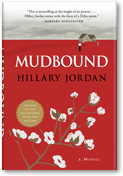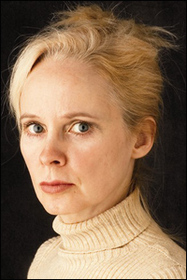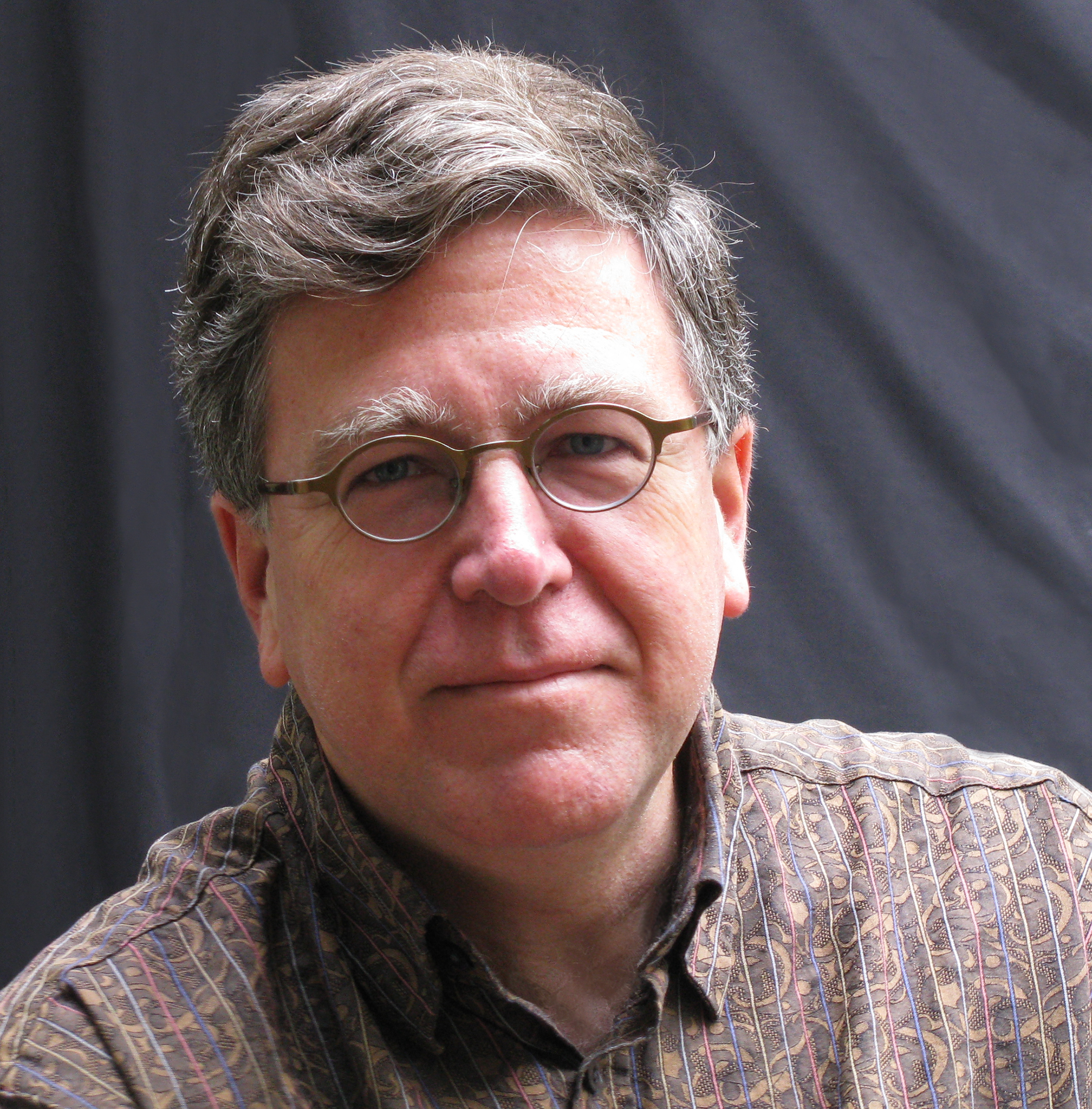In the workshop I’m teaching we’ve been talking a lot about the difference between writing for the screen and writing for the page — the advantages of each medium and how to “translate” scenes from one to the other. Tangentially, we wondered if a lion roared or a castle illuminated or a fanfare erupted just before we opened a book, would that make us even more thrilled to begin reading? No wonder sitting in a theater feels more exciting — to most — than turning to page 1. (Caveat: I think if you have the memory of opening many rewarding books, it is that exciting…it’s about familiarity at least as much as fanfare.)
The whole point of such fiction-film exercises is to challenge students to think about ways we can make prose as interesting as any movie. Instead of saying, “but we can’t do that in fiction; we can’t get that precise disgusting color of water in a toilet bowl or hear people really talking over each other or feature a scene of wordless physical comedy or show the devastating beauty of an Arizona desert…,” we can say (it’s a popular phrase) “Yes we can.” Then we puzzle out possible hows. Of course not everything translates, but for any element we can’t include (the subtlety of a soundtrack), there’s one we can (the precise description of how something smells, feels, tastes). In a world where we watch so much more than we read, it changes the way we write and what we expect from books — and I don’t think that has to be a bad thing.
 One of my students informed me that there are now video trailers for books, created by a company called Bookspots. On their site you can see sample trailers for five books (including Hillary Jordan’s novel Mudbound); there are long previews, short “commercials,” and author profiles, which show authors talking about their books and reading from them. I’m curious to hear what people think of the idea and these particular approaches to it.
One of my students informed me that there are now video trailers for books, created by a company called Bookspots. On their site you can see sample trailers for five books (including Hillary Jordan’s novel Mudbound); there are long previews, short “commercials,” and author profiles, which show authors talking about their books and reading from them. I’m curious to hear what people think of the idea and these particular approaches to it.





